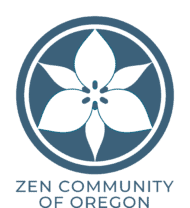All of Zen Buddhist practice is about liberation. What is liberation? What is liberation in an ‘unjust’ world? What is one thing that will happen next year? Can planning lead to liberation? There is racism in the world. How do you view this from different spiritual perspectives?
What is Liberation?
“By giving an explanation, they have already fallen into dualism.” -Manjushri
Liberation is permeability
The body a skillfully-pruned tree
Air moves freely between branches
Falling with each exhalation
The brittle limbs of resentment and past worry
Liberation is the extinguishing of the mind-fire
Dropping into the body’s present experience
The wide spaces before thought
Imbued with natural tenderness
Supple from past agonies forgiven
Liberation is remembering
Focus born of faith
Willingness to return each time we slip
Keep coming back, keep coming home
It’s OK, it’s OK, it’s OK
Liberation is freeing you from me
From chains of my expectation
of judgment
of my preconceived ideas
Welcoming the spontaneous We
Liberation is total combustion
of each moment
No holding back
Fully actualized right now
Nothing remains but pure now-ness
No then-ness to wade through
Mudstuck boot can stay where it is
These bare feet move on
Softly on the ground
They feel every pebble
Every bit of moss
Heart circuit warmed by Earth’s very core
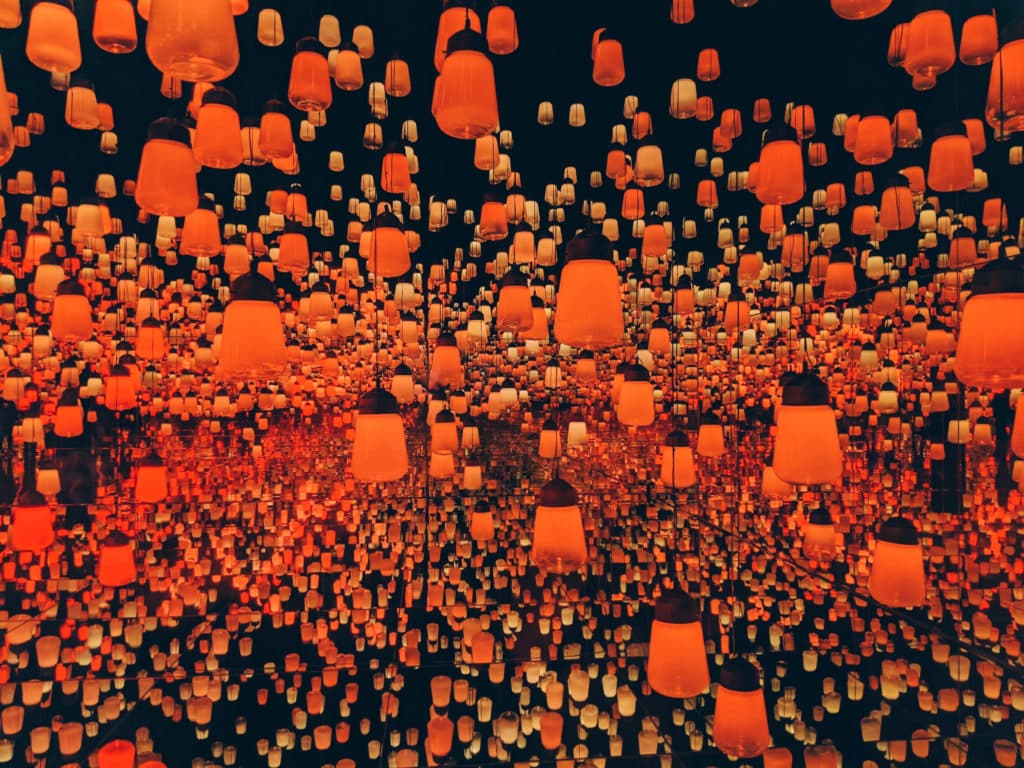
What is Liberation in an Unjust World?
So there is an implication embedded in this question that there is neither justice nor injustice, and that’s fine, but it’s not a very welcoming or even understandable message for people being actively marginalized, targeted, and killed when delivered by members of the dominant culture. For example, it’s not a welcoming message to the transgender community that there is neither justice nor injustice when another one of their sisters is murdered while just this week we have Congressional committee members publicly mocking and demonizing transgender people.
So the first question could be, What is practice in an unjust world? The Buddha said one needed to be a monk to become enlightened. And if that’s true, or perhaps Shakyamuni wouldn’t mind if we read some intent behind his statement here, and say when we devote our lives to being immersed in the Dharma we can walk the path more readily. It makes sense from the karmic perspective.
So, rather than look at this as a binary, we need to see practice as a continuum of opportunity. We see this confirmed in the emphasis in Buddhism and preliminary practices on gratitude for encountering the Dharma and having a peaceful place to practice. We know it’s exceedingly rare as mentioned in the Gatha on Opening the Sutra, and it’s the fruit of a certain stream of cause and effect.
Where do rare things land? Luck has a say. Right place, right time, born into the right family, these things influence our opportunity to encounter the Dharma.
Physiology has a say – the neurodivergent and those with trauma aren’t going to have the same experience of zazen as the neurotypical. This isn’t to say the one moment of insight into their true nature isn’t available, if that was true I would not have lasted through my first weeks at Great Vow. But we are hearing that it matters. And we need to listen.
Cultural background influences opportunity. We know from a wide scholarly body that when people are not comfortable in their environment, asking them to sit down and look directly at their experience has different results than for someone who feels naturally welcome. If someone doesn’t feel safe, they are more likely to feel the effects of ill-health than be able to dwell in the peaceful oneness before thought, because they’ve been consistently othered by the dominant culture. This consistent othering takes a heavy toll on basic needs around security, safety, and intimacy in an environment.
So most of us are familiar with these realities and may have even experienced them on some level. We can only imagine what these barriers are like for people who don’t have transportation, don’t feel welcome in certain spaces, can’t sit still, etc. These aren’t just illusions and appearances to people, they are people’s living realities and there is wide consensus about this.
So with this reality, bodhisattva activity must be informed by this continuum of opportunity. Not everyone can just walk in the door, not everyone can find a space in their home to sit quietly. Not everyone can tune into a dharma talk. What does this mean for collective liberation? I don’t know, but I was reminded of a famous chat between two bodhisattvas:
Manjurshri asked Vimalakirti, “Tell me if your sickness is bearable, if it becomes less with certain treatment, or if it gets worse? The Venerable One has asked me to get the news of you. So, lay adept, what is the cause of your sickness? Will it last a long time? How will it end?”
Vimalakirti replied: “My sickness comes from ignorance and thirst. I am sick because all beings are sick, and my sickness will only end on the day that all beings are cured. It is on behalf of all beings that the bodhisattva plunges into the circle of death and rebirth. Between birth and death, that’s where there is sickness. When beings get better, so does the bodhisattva. You ask me the cause of my sickness. Truly, the bodhisattva’s sickness has only one cause, that is compassion.”
Are we liberated only when all beings are liberated, or do we awaken all beings with our own awakening? We need to step into the space of neither liberation nor ignorance. This is not an unattainable esoteric mystery. All beings walk regularly in this space, walk down the street in full absorption, no separation. Until we make eye contact across the street, then our egos and duality arise. Old instincts. Protective. Adaptive. It’s OK. It’s OK.
So back to the definition: liberation is a point – or series of points – of directly experiencing our true nature and sharing it with others. We recognize the sacredness and rareness of our opportunity to practice. And then what we can do to make it available to others, and it may be the best way to do that is to support those who are making it available to others.
What is one thing that will happen next year? Karma will be exhausted, and more likely created. But maybe not.
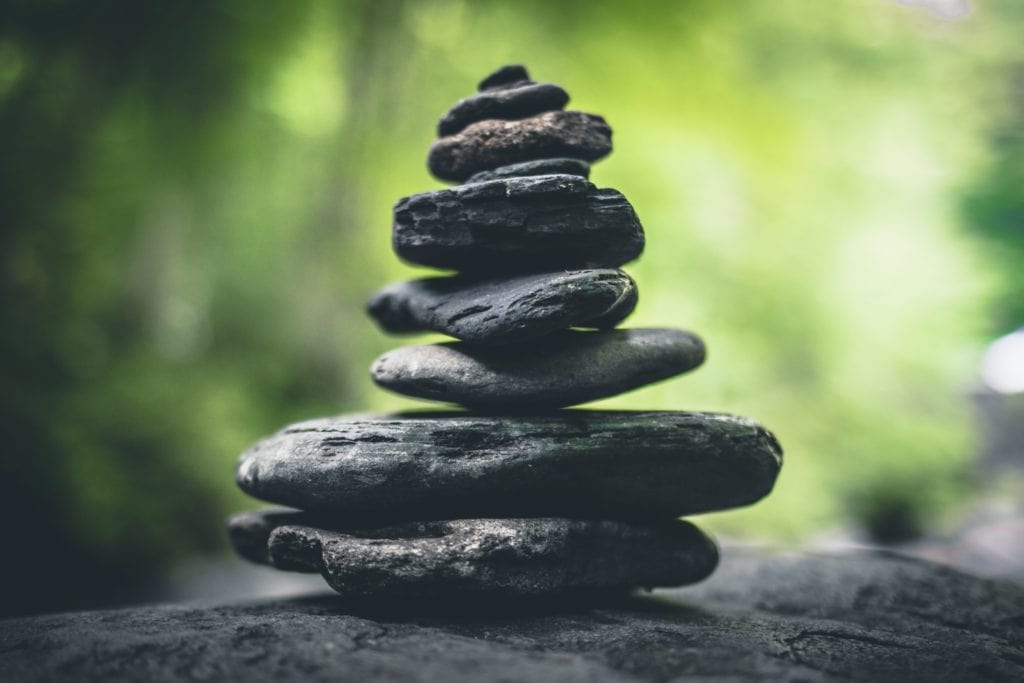
Can planning lead to liberation?
Each moment we are karmically loading the next moment. What are we doing with our lives? Through our deeds, we can drop a penny into the piggybank of liberation. What are we doing to ease the lives of those around us? That said, I can go around being a gosh darned do-gooder yet cause all kinds of problems for the people I’m collaborating with. A crusade of good deeds can become seeking accolades pretty fast. If you drop a dollar in the tip jar when no one’s watching, did it happen? I caught myself doing a little extra arm movement the other day when doing this and I had to ask myself why. And ultimately, I discovered that I wanted that person to know that I appreciated them. And that’s fine. It’s important that inquiry not become paralytic. And the best way I know how to do that is to make my actions heart-centered.
So yes! Planning from the heart can lead to liberation. Living ethically takes planning – our action, speech, and livelihood have direct effects on others’ well-being and their ability to practice. And when things don’t go according to plan, which they never do, if we are operating from the heart, the heart can see and respond to what is needed, because it has the right intelligence to accept what is. The head working independently will often fight this and is a terrible planner in that regard.
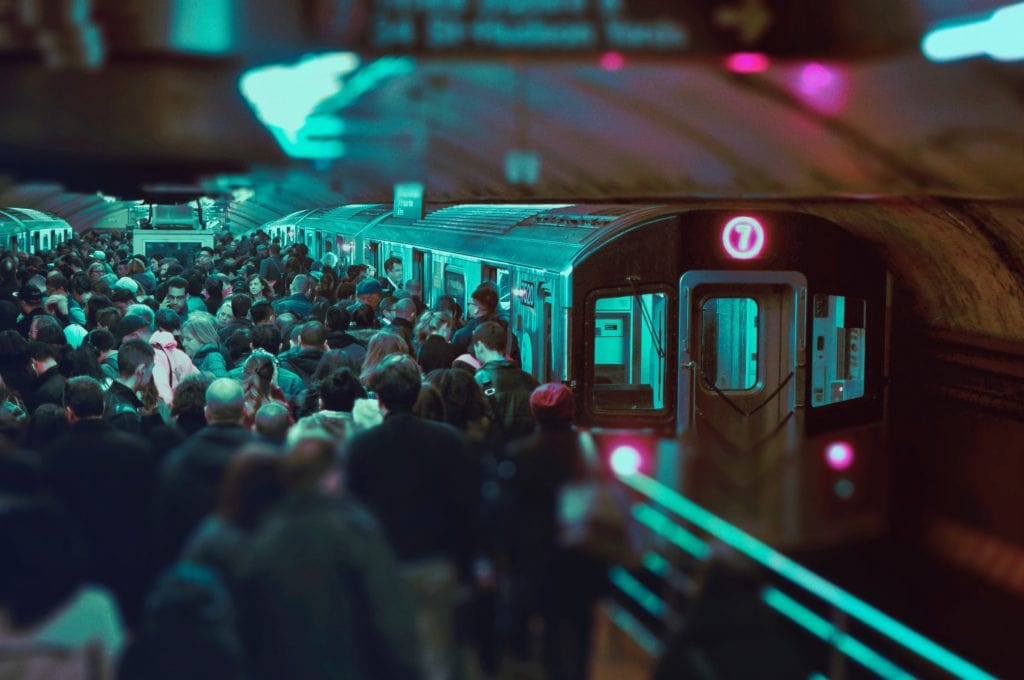
There is racism in the world. How do you view this from different spiritual perspectives?
In the field of non-duality there is no other and we are not separate. We are beyond injury.
When we encounter someone firmly in a dualistic state, can we continue to see them as being part of us? Can we encounter their duality as our own duality? And how do we care for that? It’s always easier to think we are abiding in Oneness when what’s being reflected is calm abiding, but that’s not always what’s happening. We become fearful of what we don’t know or understand. We become fearful of a heritage of mistakes, of what’s unacknowledged. We need to excise the idea that we can excise anything. Welcoming and owning others’ pain. Welcoming and owning others’ confusion. Welcoming and owning our own bumbling attempts at reconciliation are the capacity of Oneness. When we welcome these kleshas, they have a chance to dissolve.
When we resist – resist others’ confusion, resist others’ telling of their experience, we aren’t living in a shared reality.
Not knowing is most intimate, not wanting to know is less intimate.
Dogen said:
“When you know yourself, you know intimate action. Thus, Buddha ancestors can thoroughly actualize this intimate heart and intimate language.”
“Intimate” means close and inseparable. There is no gap. Intimacy embraces Buddha ancestors. It embraces you. It embraces the self. It embraces action. It embraces generations. It embraces merit. It embraces intimacy.”
Seido said:
“When we meet in the absence of the idea of each other, there is intimacy. When there is just the bird’s song, there is intimacy.”
So she’s saying when we free one another of our preconceived ideas, when we meet in the field with formless attention, there is true intimacy.
Then she goes on to say:
“When I am afraid and separate, yet still, there is also intimacy. With trust, creativity and curiosity, the information we need to proceed in the world is found in the entirety of these moments.”
She’s saying to trust the moment, that we can embrace our fear as much as we embrace our Buddha ancestors. She follows this up by saying:
“The cushion is not a substitute for the risk that is taken when we look deeply into the eyes of another being.”
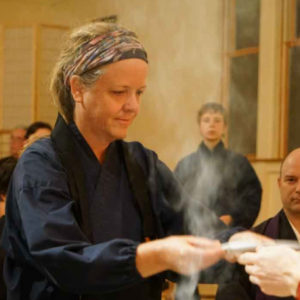
Christine Seicho Smith
Seicho lives in Portland with her family, where she's developing her business, and investigating vow in lay life at Heart of Wisdom Zen Temple.
